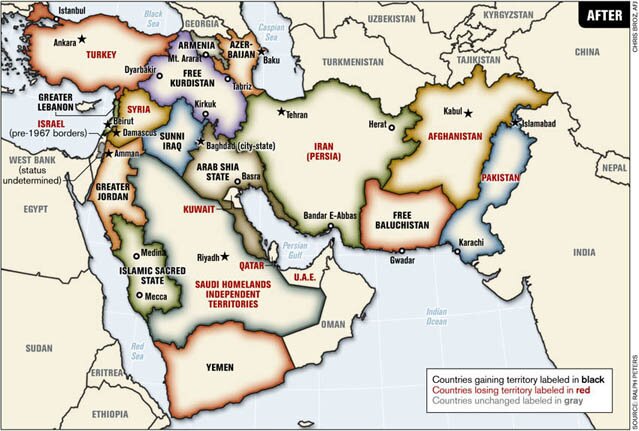

ART/CULTURE
Changing Borders
Jody Sabral is a British-American journalist who has lived in Turkey and worked for various broadcasting outlets. Recently, she resigned as a Turkey correspondent for Press TV, an English language network run by the Iranian government. She turned her unique experience and perspectives into her first fiction titled "Changing Borders" and self-published it, which came under our radar. The story evolves around Kate Roberts, a British journalist who by chance acquires the "New Middle East" map. It not only raises the question about the Western interference in the regional politics but also let you peek into a curious life of a female journalist from the West working for the Iranian network out of Turkey.
RSS Feed